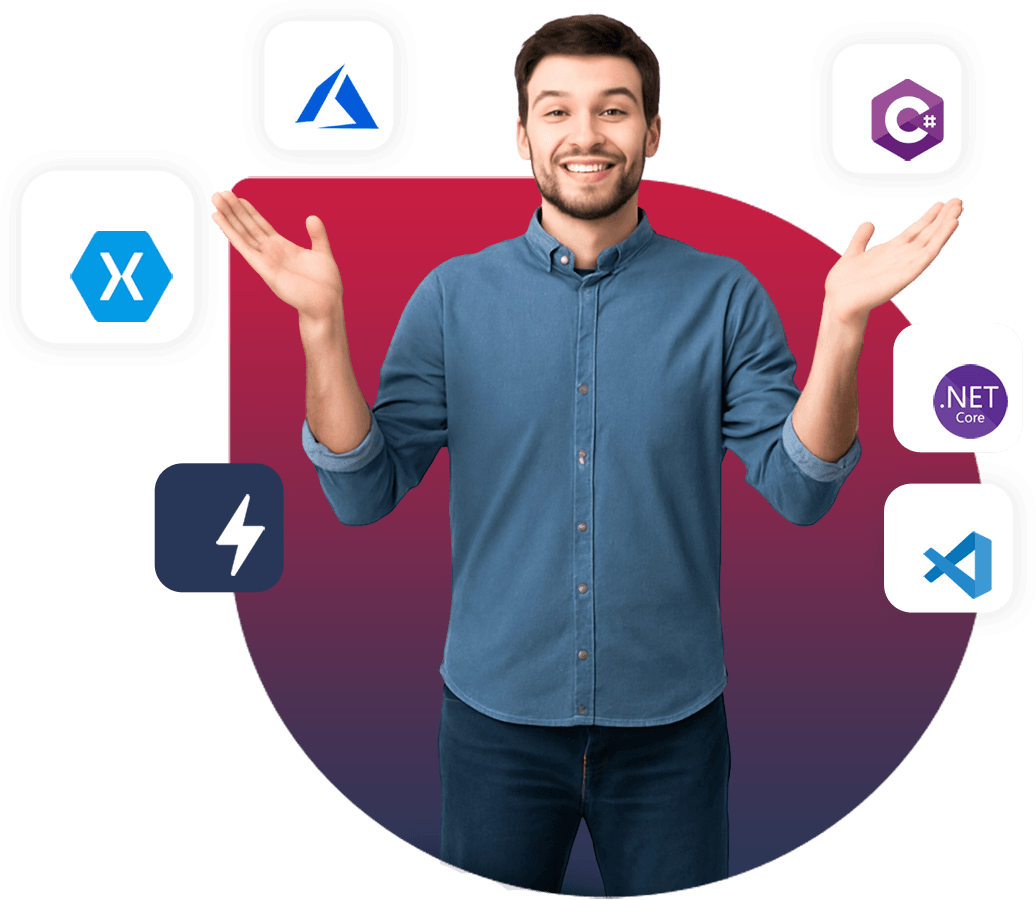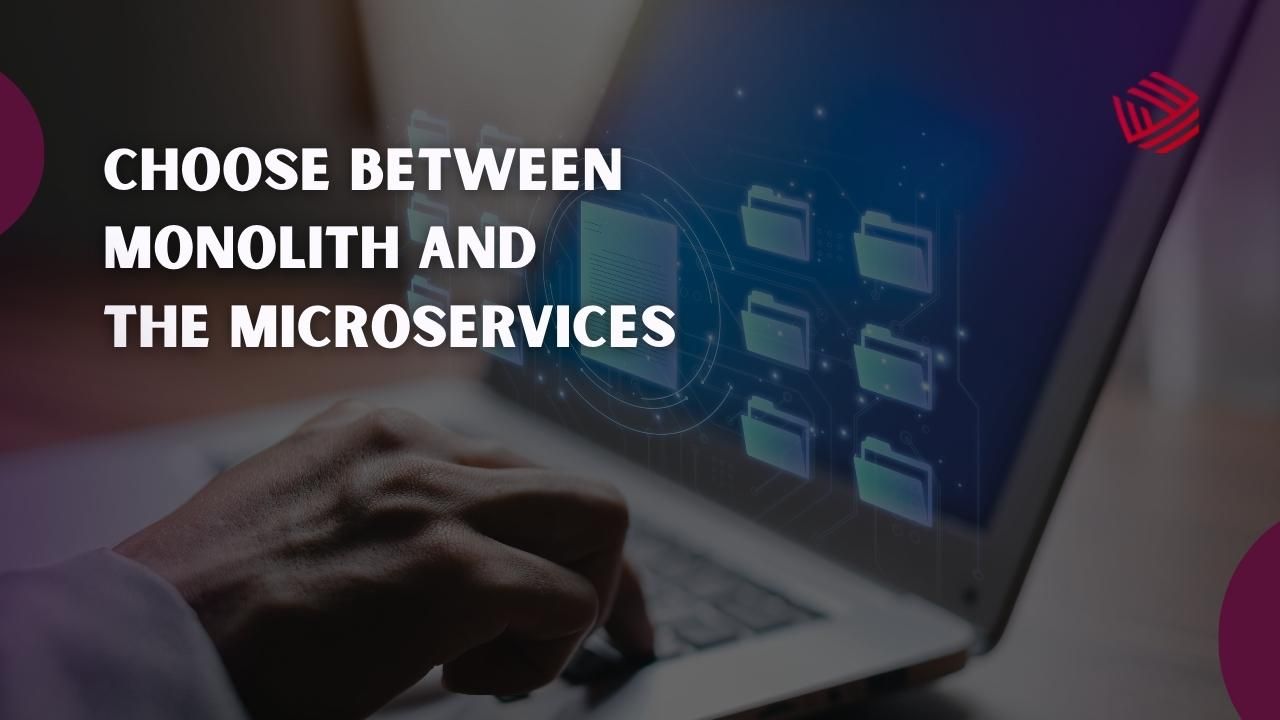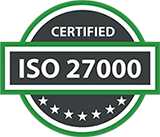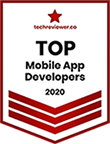When hiring Xamarin developers, choosing the right engagement model is crucial for aligning your project’s goals, timelines, and budget. Here’s an overview of the different engagement models for Xamarin app development:
Full-time Developers:
Full-time Xamarin developers are ideal for long-term, complex projects that require continuous work, such as building cross-platform mobile applications or enterprise-grade apps. This model ensures the developer's complete focus on your project, facilitating smoother integration of features and ongoing updates.
Part-time Developers:
Part-time Xamarin developers are a good option for projects that require maintenance, periodic feature additions, or fixing specific issues. This model works well if your app is already developed and you need someone for updates or smaller feature enhancements without committing to full-time resources.
Hourly Developers:
Hourly developers provide flexibility for small, one-off tasks like bug fixes, performance optimizations, or specific features. This is an excellent model if you have limited tasks or a defined problem you want solved without committing to a long-term engagement.
Project-Based Developers:
Project-based Xamarin developers are ideal for clearly defined, one-time projects such as building a new mobile app, integrating third-party APIs, or implementing a feature upgrade. This engagement model works best for projects with specific goals and deadlines, ensuring timely delivery.








 Transparency
Transparency










